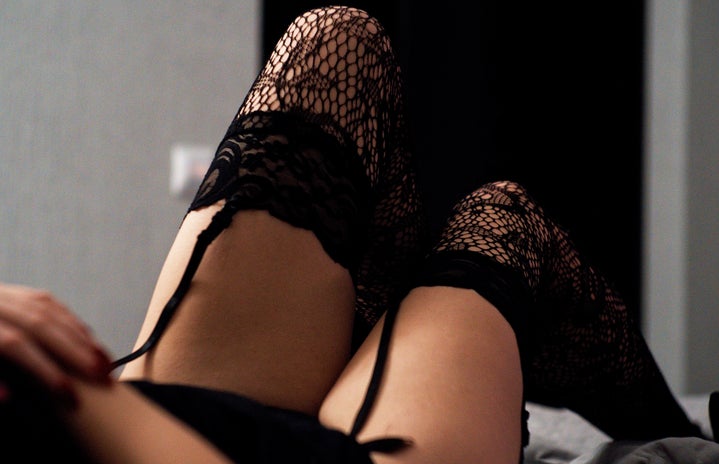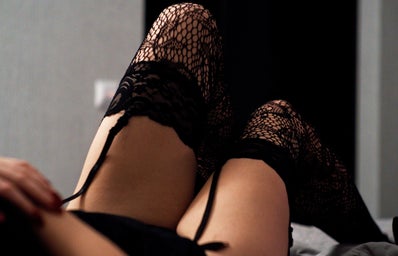Victoria’s Secret ‘Angels’ are set to hit the runway again this year after the fashion show was cancelled in 2019 following a decline in sales and poor viewership ratings. Perhaps it had something to do with the lack of inclusivity, horrendous treatment of the models and its Epstein-loving former CEO? Just a guess.
But after the four-year hiatus, they’re back – whether this is a good thing, the jury is still out. Victoria’s Secret Chief Financial Officer Timothy Johnson hinted at the focus of this year’s show, saying that it will “reinforce our commitment to championing women’s voices and their unique perspectives”. But let’s rewind for a sec and take a look at the biggest VS controversies.
Firstly, the former chief marketing officer of VS’s parent company, Edward Razek, was accused of creating a “culture of misogyny, bullying, and harassment.” He was also heavily criticised for saying that plus-size women and transgender models would never be included in the fashion shows because “the show is a fantasy.” Yuck.
Victoria’s Secret has notoriously promoted a Eurocentric, thin, cis-gender and able-bodied image, with each of its stunning models seemingly crafted like a Barbie doll. For decades, women have been asking why VS does this when it doesn’t reflect their target demographic in the slightest. The simple answer: the male gaze. Current CEO Martin Waters said: “We need to stop being about what men want and to be about what women want”. Why it took them this long to figure it out, we’ll never know.
Similarly, the brand has been criticised for the lack of inclusivity in its lingerie sizes. For example, only three Victoria’s Secret pant products sold on the website can be bought in a size 4X. On the other hand, 306 pant products are sold in a size small.
In 2021, VS launched a campaign which abandoned the ‘Angel’ image in an attempt to reinvent the brand as inclusive with ambassadors who were not chosen for their looks, but their inspiring qualities. However, many have called this change a performative marketing tactic, not a new brand culture. Compared to Rihanna’s Savage X Fenty shows, which debuted in 2018 featuring queer, trans, non-binary models of all different sizes, VS doesn’t quite earn its halo.
A 2022 docuseries called Victoria’s Secret: Angels and Demons also shed light on the sexism and body-shaming that occurred when former owner Leslie Wexner was in charge. Oh and yes, that is the one who *allegedly* had a close relationship with Jeffrey Epstein. Apparently, models were made to feel like their bodies were not enough during this time as well as often being subject to misogyny and harassment. Some women who complained about this behaviour were met with retaliation, even being barred from modelling opportunities.
But let’s now look to the future of the show. We can only hope that the work culture for VS models is not what it once was, and that executives are ensuring diversity for the right reasons. Following all the accusations around inclusivity, however, many anticipate the show will be filled with empty progressive political statements.
Lizzo, music artist and owner of inclusive shapewear brand Yitty, even tweeted saying: “This is a win for inclusivity for inclusivity’s sake. But if brands start doing this only because they’ve received backlash then what happens when the ‘trends’ change again? Do the CEOs of these companies value true inclusivity? Or do they just value money?”

